Points clés
Avant de plonger dans la comparaison fascinante de caféine dans le chocolat noir vs café, voici les faits essentiels que vous devez connaître :
• Le café contient beaucoup plus de caféine - typiquement 95 mg par tasse de 8 oz contre 12-25 mg par once de chocolat noir
• La teneur en caféine du chocolat noir varie basé sur le pourcentage de cacao et les méthodes de traitement
• Pourcentage de cacao plus élevé signifie plus de caféine dans votre chocolat
• Teneur en caféine du café varie de 30 à 200 mg selon la méthode d'infusion et le type de grain
• Le chocolat noir fournit une énergie durable libération prolongée comparée au pic rapide du café
• Les deux sources offrent des avantages uniques au-delà de leur simple teneur en caféine
Pour un chocolat noir premium qui équilibre parfaitement saveur et teneur naturelle en caféine, explorez notre collection de chocolat fin à Zucchero Canada.
Lorsque vous cherchez ce coup de fouet parfait, le débat ancestral entre caféine dans le chocolat noir vs café devient plus pertinent que jamais. Que vous soyez un amateur de café, un amoureux du chocolat ou quelqu'un qui essaie de gérer son apport en caféine, comprendre exactement combien de caféine dans le chocolat noir comparé à votre tasse de café matinale peut vous aider à prendre des décisions éclairées sur votre consommation quotidienne.
La relation entre ces deux sources de caféine bien-aimées est plus nuancée que beaucoup ne le réalisent. Alors que le café est largement reconnu comme la boisson caféinée de référence, caféine du chocolat noir la teneur surprend souvent les gens par sa présence et ses effets potentiels. Cette comparaison complète explorera tous les aspects de caféine dans le chocolat vs café, vous aidant à comprendre non seulement les chiffres, mais aussi les implications pratiques pour votre routine quotidienne.
Comprendre la teneur en caféine : les chiffres qui comptent
Répartition de la caféine dans le café
Quelle quantité de caféine contient une tasse de café dépend de nombreux facteurs, ce qui rend essentiel de comprendre les variables qui affectent votre consommation quotidienne. Le caféine dans le café peut varier considérablement en fonction des méthodes d'infusion, des types de grains et des tailles de portions.
Une tasse standard de 8 onces de café infusé contient généralement 95 mg de caféine, mais ce chiffre représente seulement le point médian d'un spectre beaucoup plus large. Comprendre ces variations vous aide à mieux comparer combien de caféine dans le café par rapport à ce que vous trouverez dans les alternatives au chocolat.
Plages typiques de caféine dans le café :
• Café filtre (8 oz): 95-200mg selon la force d'infusion et le type de grain
• Espresso (shot de 1 oz): 47-75 mg avec une concentration plus élevée par once
• Cold brew (8 oz): 100-200 mg en raison d'un temps d'extraction plus long
• Café instantané (8 oz): 30-90 mg selon la marque et la méthode de préparation
• Café décaféiné: 2-15 mg, jamais complètement sans caféine
Explication de la teneur en caféine du chocolat noir
Quelle quantité de caféine contient le chocolat noir présente un tableau plus complexe que le café car la teneur en caféine du chocolat est directement corrélée à son pourcentage de cacao. Teneur en caféine du chocolat noir varie considérablement entre différents produits, ce qui rend crucial de comprendre ce qui influence ces niveaux.
Le caféine dans le chocolat noir provient naturellement des fèves de cacao, la même source qui donne au chocolat son profil de saveur distinctif. Contrairement au café, où la teneur en caféine peut être quelque peu prévisible, combien de caféine contient le chocolat noir dépend de multiples facteurs de traitement et de formulation.
Caféine dans le chocolat noir selon le pourcentage de cacao :
• 50-60 % chocolat noir: 5-10 mg par once
• 70 % chocolat noir: 12-20 mg par once
• Chocolat noir à 85 %: 18-25 mg par once
• Chocolat noir à 90 % et plus: 20-30 mg par once
• Produits de cacao cru: 15-35 mg par once
En considérant combien de caféine contient une tablette de chocolat noir, rappelez-vous que la plupart des tablettes de chocolat pèsent entre 85 et 113 grammes, ce qui peut multiplier considérablement ces chiffres par once.
La science derrière la caféine dans le chocolat vs le café
Sources naturelles de caféine et traitement
Le café et le chocolat tirent tous deux leur caféine de sources végétales naturelles, mais la manière dont cette caféine est traitée et concentrée diffère considérablement entre les deux. Caféine du café provient de grains de café spécifiquement cultivés et traités pour maximiser l'extraction de la caféine lors de l'infusion.
Caféine du chocolat noir, en revanche, représente la teneur naturelle en caféine qui reste dans le cacao après sa transformation en chocolat. Cette différence fondamentale explique pourquoi le chocolat contient-il plus de caféine que le café est définitivement répondu par non - les méthodes de traitement préservent des quantités différentes de la teneur originale en caféine.
Le processus de torréfaction affecte à la fois les niveaux de caféine dans le café et le chocolat, bien que de manières différentes. La torréfaction du café peut en fait réduire légèrement la teneur en caféine, tandis que le traitement du chocolat par conchage et tempérage préserve la majeure partie de la caféine originale du cacao. C'est pourquoi notre Pastilles fondantes de chocolat noir maintiennent des niveaux de caféine constants qui reflètent leur teneur élevée en cacao de qualité.
Biodisponibilité et taux d'absorption
Comprendre caféine dans le chocolat noir vs café nécessite d'examiner comment votre corps traite la caféine provenant de ces différentes sources. Le taux d'absorption et la durée des effets varient entre la consommation de chocolat et de café en raison de leurs compositions différentes et des composés additionnels.
Caractéristiques de la caféine dans le café :
• Absorption rapide: Les niveaux maximaux de caféine sont atteints en 30-60 minutes
• Début rapide: Les effets se font généralement sentir en 15-30 minutes
• Durée plus courte: Les effets durent en moyenne 3-5 heures
• Livraison directe: La forme liquide permet une absorption immédiate
Caractéristiques de la caféine dans le chocolat noir :
• Absorption plus lente: Libération progressive due à la teneur en matières grasses et à la forme solide
• Début retardé: Les effets peuvent atteindre leur pic en 60-90 minutes
• Durée prolongée: Libération d'énergie plus soutenue sur 4-6 heures
• Distribution complexe: Des composés supplémentaires affectent l'absorption et le métabolisme
Comparaisons pratiques de consommation
Tailles de portions réelles
En comparant combien de caféine y a-t-il dans le chocolat comparé au café, prendre en compte des tailles de portions réalistes devient crucial pour une application pratique. La plupart des gens ne consomment pas le chocolat et le café en poids équivalents, ce qui rend les comparaisons directes potentiellement trompeuses sans contexte.
Une portion typique de café (8-12 oz) contient beaucoup plus de caféine qu'une portion typique de chocolat (1-2 oz), mais comprendre ces proportions vous aide à prendre des décisions éclairées sur votre consommation totale quotidienne de caféine. Ceci est particulièrement important pour ceux qui surveillent leur consommation de caféine pour des raisons de santé ou de qualité du sommeil.
Comparaisons d'équivalence en caféine :
• Une tasse de café (8 oz, 95 mg) équivaut à environ 4-8 onces de chocolat noir à 70 %
• Un shot d'espresso (47 mg) équivaut à environ 2-3 onces de chocolat noir à 70 %
• Une once de chocolat noir à 85 % (20 mg) équivaut à environ 1/5 d'une tasse de café standard
Habitudes de consommation quotidiennes
La plupart des buveurs de café consomment 1 à 3 tasses par jour, ce qui représente 95 à 285 mg de caféine provenant uniquement du café. Les habitudes de consommation de chocolat diffèrent considérablement, la plupart des gens mangeant 1 à 2 onces de chocolat noir par jour lorsqu'ils en consomment régulièrement. Cela signifie caféine du chocolat noir vs café montre généralement que le café contribue beaucoup plus aux totaux quotidiens de caféine.
Cependant, pour ceux qui sont sensibles à la caféine ou qui essaient de réduire leur consommation, comprendre combien de caféine dans le chocolat vs le café aide à faire des substitutions stratégiques. Remplacer une tasse de café par 60 à 90 grammes de chocolat noir peut réduire significativement la caféine totale tout en fournissant certains effets stimulants.
Implications et bienfaits pour la santé
Au-delà de la caféine : composés supplémentaires
En comparant caféine dans le café La comparaison avec le chocolat est importante, les deux sources fournissent des composés bénéfiques supplémentaires qui affectent la façon dont la caféine agit dans votre corps. Le café contient des acides chlorogéniques et d'autres antioxydants, tandis que le chocolat noir fournit des flavonoïdes, de la théobromine et d'autres composés bénéfiques.
Avantages supplémentaires du chocolat noir :
• Théobromine: Fournit une stimulation légère avec une durée plus longue que la caféine
• Flavonoïdes: Antioxydants qui soutiennent la santé cardiovasculaire
• Magnésium: Soutient la fonction musculaire et nerveuse
• Fer: Essentiel pour le transport de l'oxygène dans le sang
Avantages supplémentaires du café :
• Acides chlorogéniques: Antioxydants puissants avec des bienfaits métaboliques
• Potassium: Soutient la fonction cardiaque et musculaire
• Vitamines B: Essentiel pour le métabolisme énergétique
• Protection du foie: Des études suggèrent des effets protecteurs contre les maladies du foie
Considérations sur le timing et le sommeil
Comprendre teneur en caféine du chocolat noir devient particulièrement important lorsqu'on considère le moment de la consommation. Alors que l'absorption rapide de la caféine dans le café rend le timing plus évident, la libération plus lente du chocolat peut affecter le sommeil même lorsqu'il est consommé plus tôt dans la journée.
Moment optimal de consommation :
• Café du matin: Maximise la vigilance pendant les heures de pointe
• Chocolat de l'après-midi: Fournit une énergie soutenue sans perturber le sommeil
• Considérations du soir: Les deux sources doivent être limitées 6 à 8 heures avant le coucher
• Sensibilité individuelle: Certaines personnes métabolisent la caféine plus rapidement que d'autres
Comparaison des différents types de chocolat
Caféine dans le chocolat au lait vs chocolat noir
Lorsqu'on examine combien de caféine contient le chocolat noir par rapport au chocolat au lait, les différences deviennent assez significatives. Le chocolat au lait contient généralement seulement 5 à 10 mg de caféine par once en raison de sa teneur plus faible en cacao et de sa proportion plus élevée de lait et de sucre.
Cette différence spectaculaire explique pourquoi caféine du chocolat noir est souvent le centre des comparaisons de caféine plutôt que le chocolat au lait. Pour ceux qui recherchent les bienfaits de la caféine dans le chocolat, les variétés plus foncées offrent des effets stimulants nettement plus importants par portion.
Chocolat blanc et caféine
Le chocolat blanc contient pratiquement pas de caféine car il est fabriqué à partir de beurre de cacao sans les solides de cacao, où se trouve la caféine. Cela rend le chocolat blanc inadapté pour ceux qui recherchent caféine dans le chocolat vs café alternatives, mais parfait pour ceux qui souhaitent éviter complètement la caféine tout en appréciant les saveurs du chocolat.
Expériences professionnelles et personnelles
Aperçus de baristas et chocolatiers
Les professionnels de la préparation du café et les chocolatiers comprennent les nuances de caféine dans le chocolat noir vs café d'expérience pratique quotidienne. De nombreux chocolatiers rapportent que les clients sous-estiment souvent la teneur en caféine du chocolat, tandis que les baristas notent que les effets de la caféine du café varient considérablement selon les méthodes de préparation.
Les professionnels travaillant dans ces secteurs utilisent souvent le chocolat comme alternative l'après-midi au café, appréciant la libération d'énergie plus soutenue que caféine du chocolat noir fournit. Cette expérience pratique s'aligne avec la compréhension scientifique de la façon dont différentes sources de caféine affectent les niveaux d'énergie tout au long de la journée.
Modèles d'expérience des consommateurs
Les consommateurs réguliers de café et de chocolat noir développent souvent des préférences basées sur le moment, le goût et les effets souhaités. Beaucoup découvrent que combien de caféine contient le chocolat noir est suffisante pour les besoins énergétiques en fin de journée sans perturber les cycles de sommeil.
Les amateurs de café qui intègrent du chocolat noir de haute qualité dans leur routine constatent souvent que la combinaison procure une énergie plus équilibrée tout au long de la journée. Notre collection de chocolat fin offre d'excellentes options pour ceux qui explorent cette approche équilibrée de la consommation de caféine.
Faire des choix éclairés
Calcul de votre consommation quotidienne de caféine
Comprendre combien de caféine dans le café et le chocolat vous aident à calculer la consommation totale quotidienne. Les experts en santé recommandent généralement de limiter la caféine à 400mg par jour pour les adultes en bonne santé, ce qui rend important de prendre en compte toutes les sources.
Exemple de calcul quotidien de la caféine :
• Café du matin (12 oz): 140mg
• Chocolat noir de l'après-midi (2 oz, 70 %): 30 mg
• Apport quotidien total: 170 mg (bien dans les limites recommandées)
Substitutions stratégiques
Pour ceux qui cherchent à réduire leur consommation de café sans éliminer complètement la caféine, comprendre caféine dans le chocolat vs café permet des substitutions stratégiques. Remplacer une tasse de café par 2-3 onces de chocolat noir de haute qualité peut réduire la caféine totale tout en fournissant une énergie soutenue et des bienfaits supplémentaires pour la santé.
Questions fréquemment posées
Quelle quantité de caféine contient une tasse standard de café comparée à une once de chocolat noir ?
Une tasse standard de café de 8 onces contient environ 95 mg de caféine, tandis qu'une once de chocolat noir à 70 % contient environ 12-20 mg. Cela signifie que le café contient environ 5 à 8 fois plus de caféine par portion que le chocolat noir.
Le chocolat noir procure-t-il le même coup de fouet énergétique que le café ?
Le chocolat noir offre un type d'énergie différent que le café. Alors que le café offre une absorption rapide de la caféine pour une vigilance immédiate, le chocolat noir propose une libération d'énergie plus soutenue grâce à sa teneur en matières grasses et à des composés supplémentaires comme la théobromine.
Puis-je remplacer le café par du chocolat noir pour réduire ma consommation de caféine ?
Oui, le chocolat noir peut être un substitut efficace au café pour réduire la consommation de caféine. Cependant, vous devrez consommer 3-4 onces de chocolat noir à 70 % pour égaler la teneur en caféine d'une tasse de café, ce qui augmente considérablement l'apport en calories et en sucre.
Comment la caféine du chocolat affecte-t-elle le sommeil par rapport au café ?
La caféine du chocolat a généralement moins d'impact sur le sommeil que le café en raison d'une absorption plus lente et d'une teneur globale plus faible. Cependant, le chocolat noir contient également de la théobromine, qui peut fournir une stimulation légère pendant plusieurs heures.
Quelle est la teneur la plus élevée en caféine trouvée dans le chocolat noir ?
La teneur la plus élevée en caféine dans le chocolat noir se trouve généralement dans le chocolat noir à 90 % et plus ou les produits de cacao cru, contenant 20-35 mg par once. Cela reste nettement inférieur au café mais notable pour ceux qui surveillent leur consommation de caféine.
Conclusion
La comparaison de caféine dans le chocolat noir vs café révèle que bien que le café reste la source de caféine nettement la plus forte, le chocolat noir offre une alternative précieuse pour ceux qui recherchent une énergie soutenue avec des bienfaits supplémentaires pour la santé. Comprendre combien de caféine dans le chocolat noir contre combien de caféine contient le café vous permet de prendre des décisions éclairées concernant votre consommation quotidienne de caféine.
Que vous soyez un adepte du café cherchant à diversifier vos sources de caféine ou quelqu'un souhaitant réduire sa consommation globale de caféine, teneur en caféine du chocolat noir offre des options qui peuvent compléter votre style de vie et vos objectifs de santé. La clé réside dans la compréhension des tailles de portions, du timing et de la façon dont votre corps réagit aux différentes sources de caféine.
Pour ceux qui souhaitent explorer des options de chocolat noir de haute qualité démontrant ces caractéristiques de caféine, Zucchero Canada propose des sélections soigneusement choisies qui mettent en valeur la complexité naturelle et les propriétés bénéfiques du cacao premium.
N'oubliez pas que combien de caféine contient le chocolat noir sera toujours inférieur à celui du café, mais la combinaison unique de caféine, de théobromine et d'autres composés bénéfiques fait du chocolat noir un choix sophistiqué pour une consommation consciente de caféine.

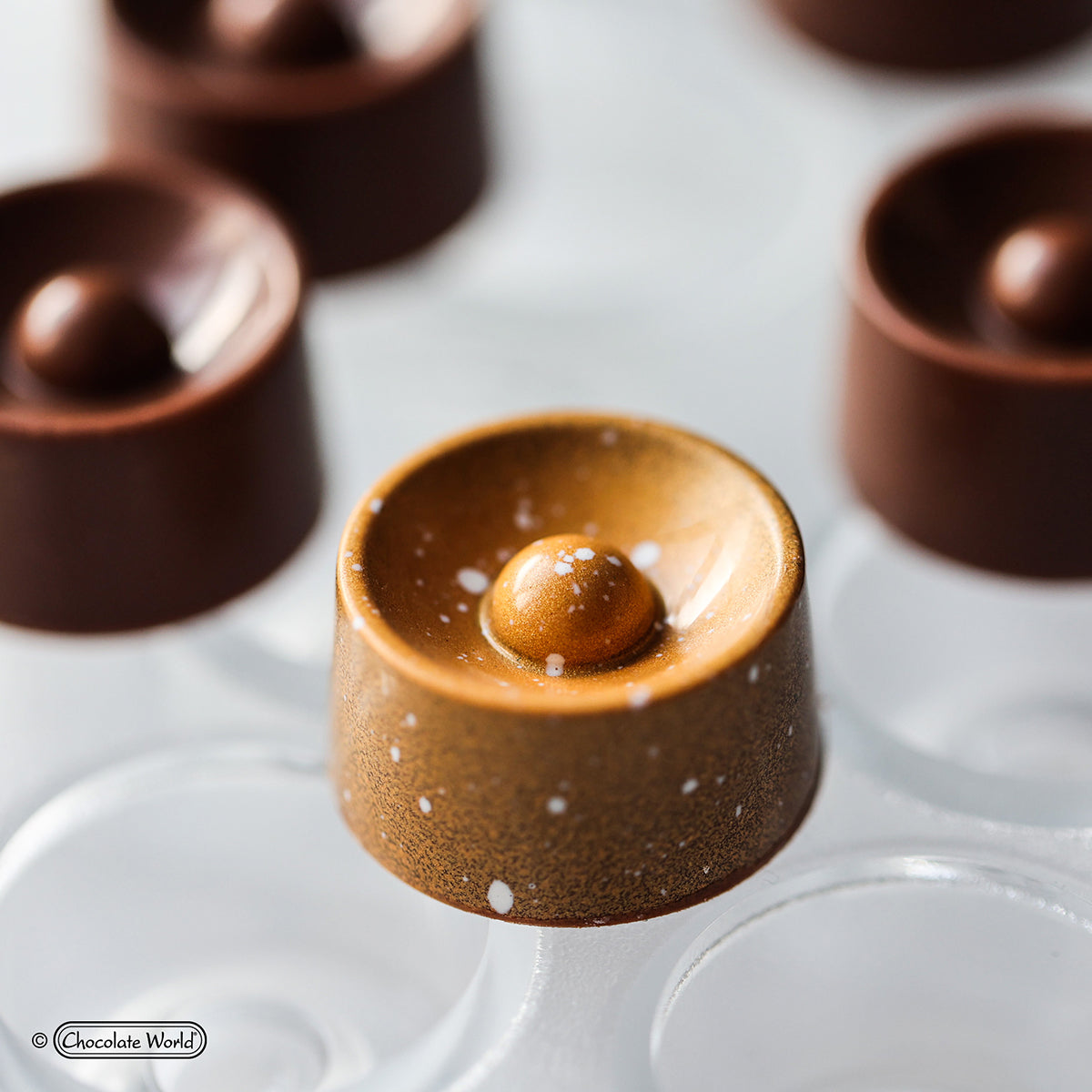
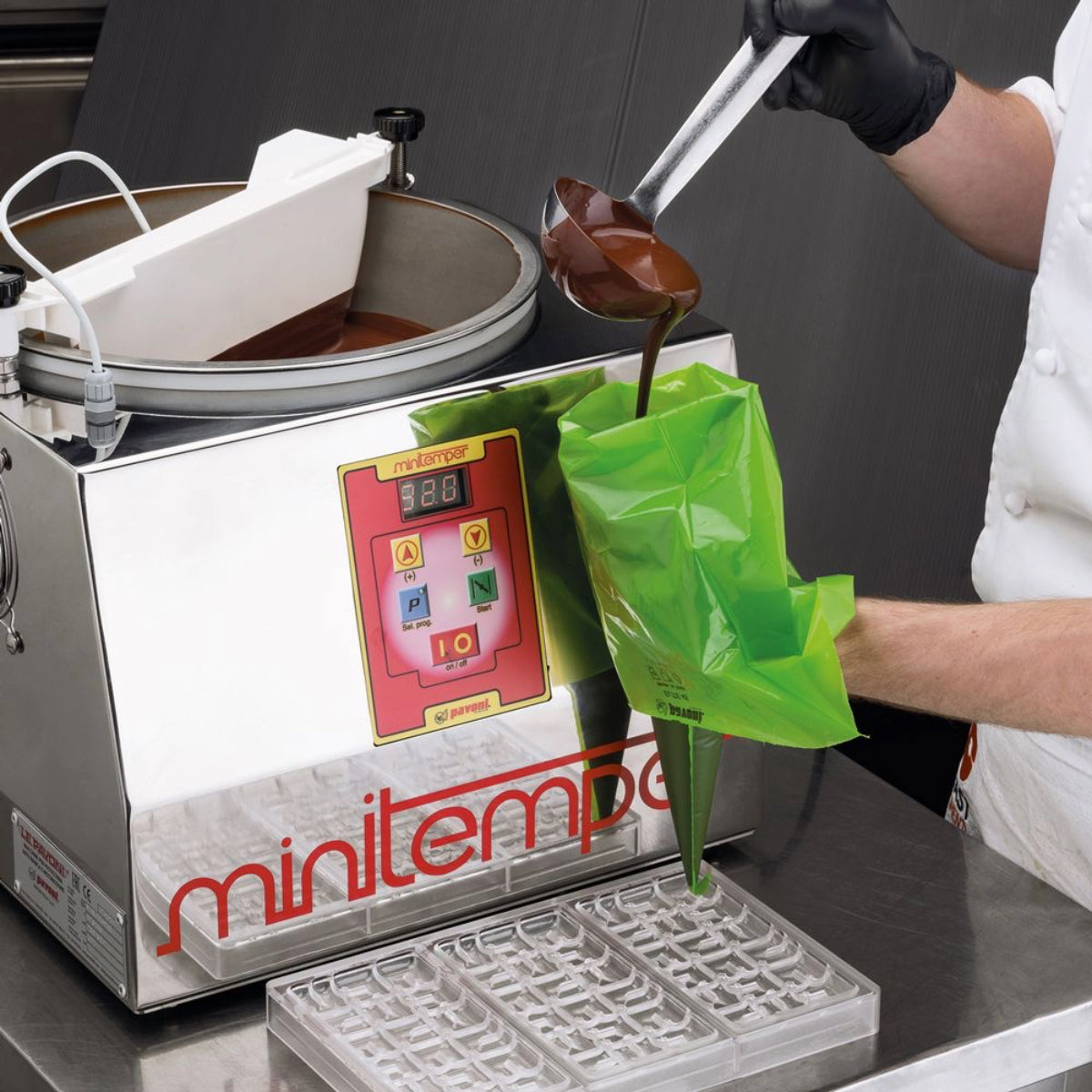

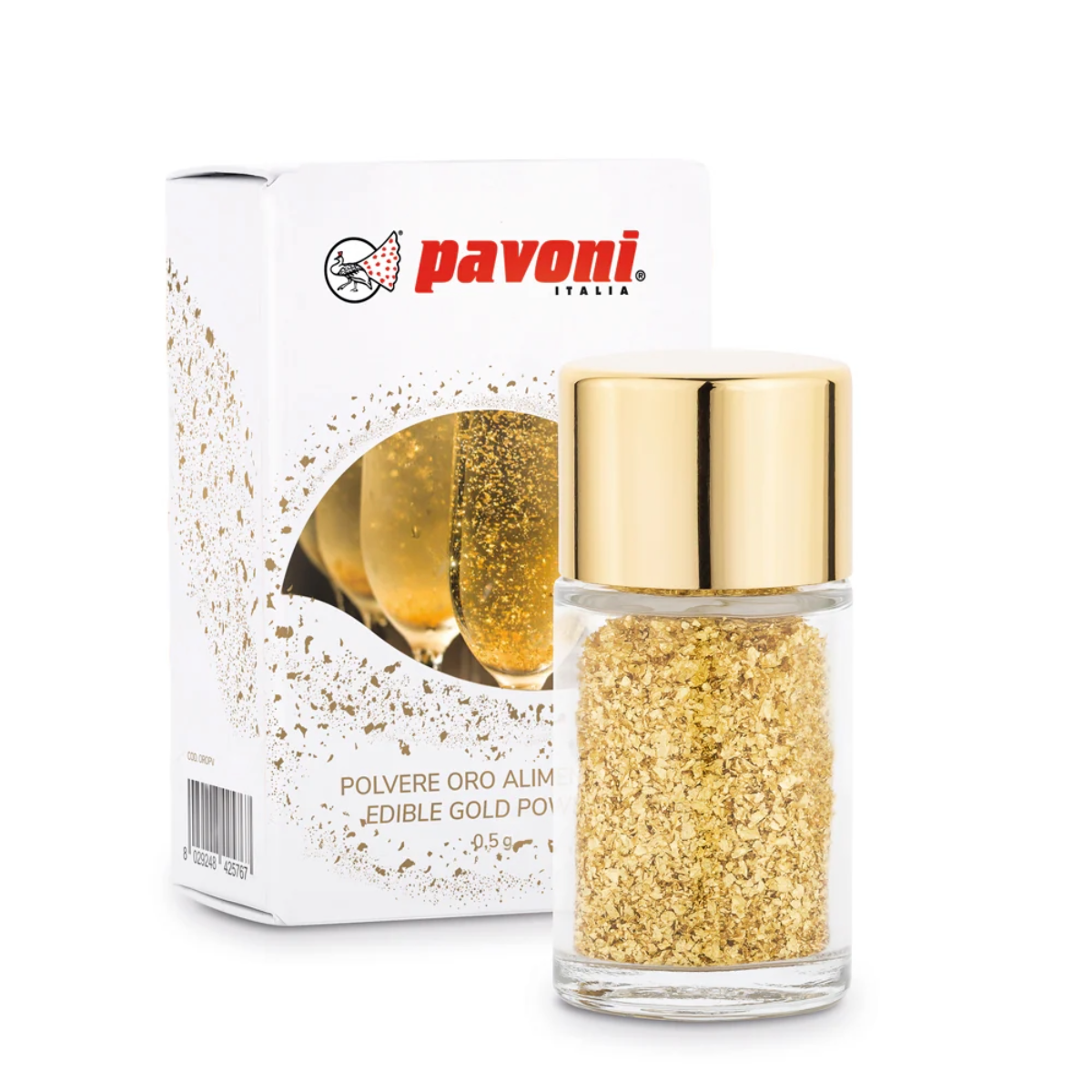

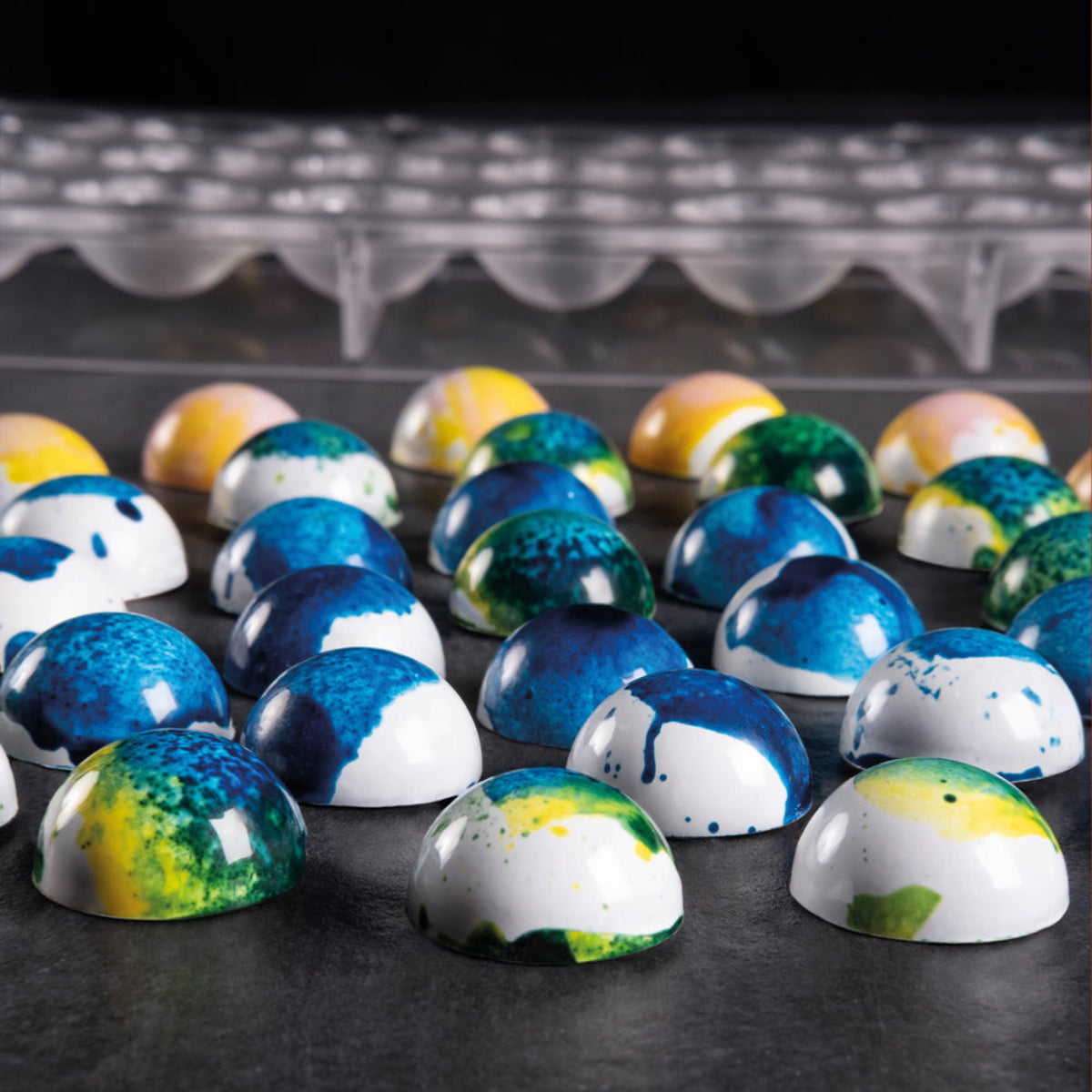



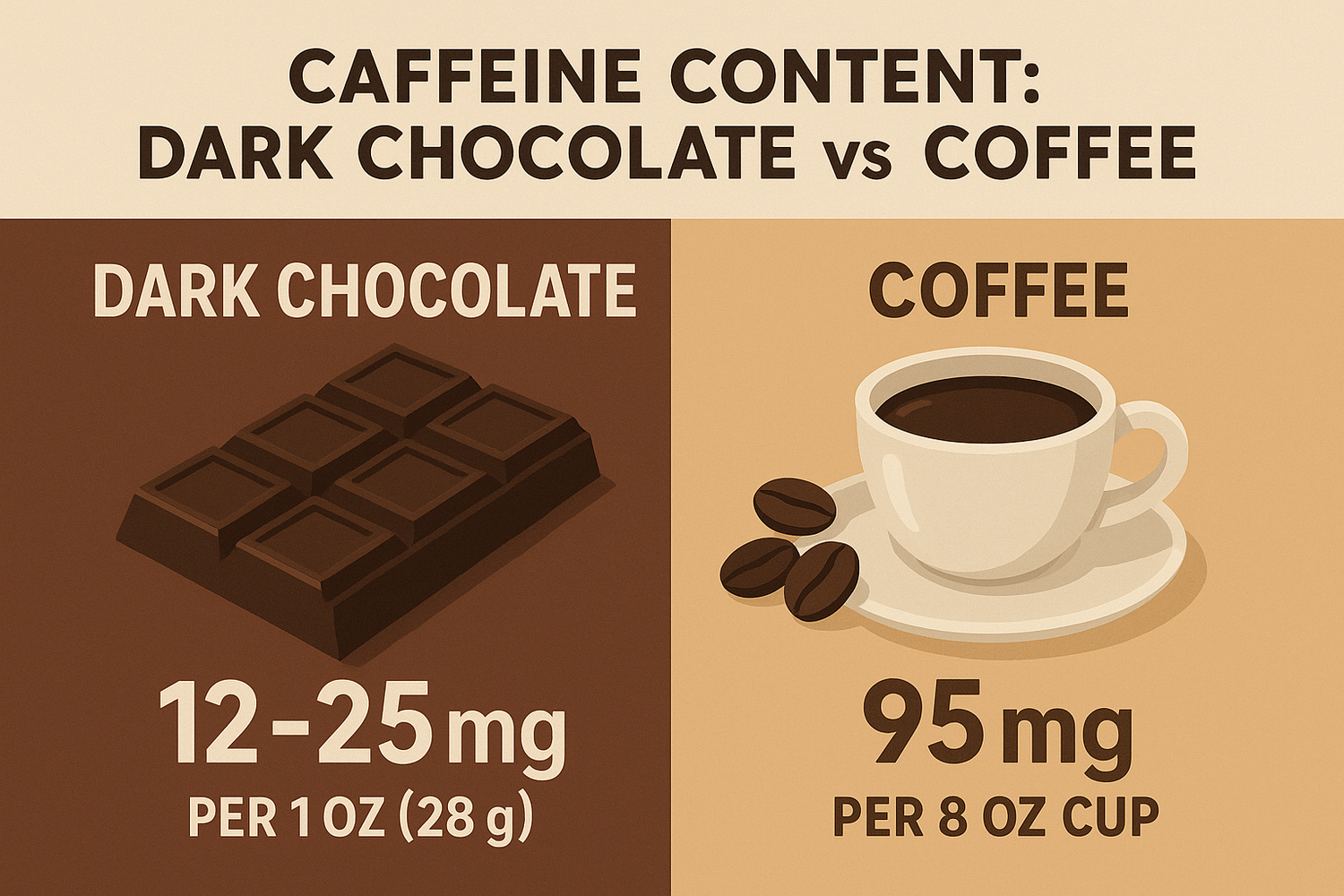
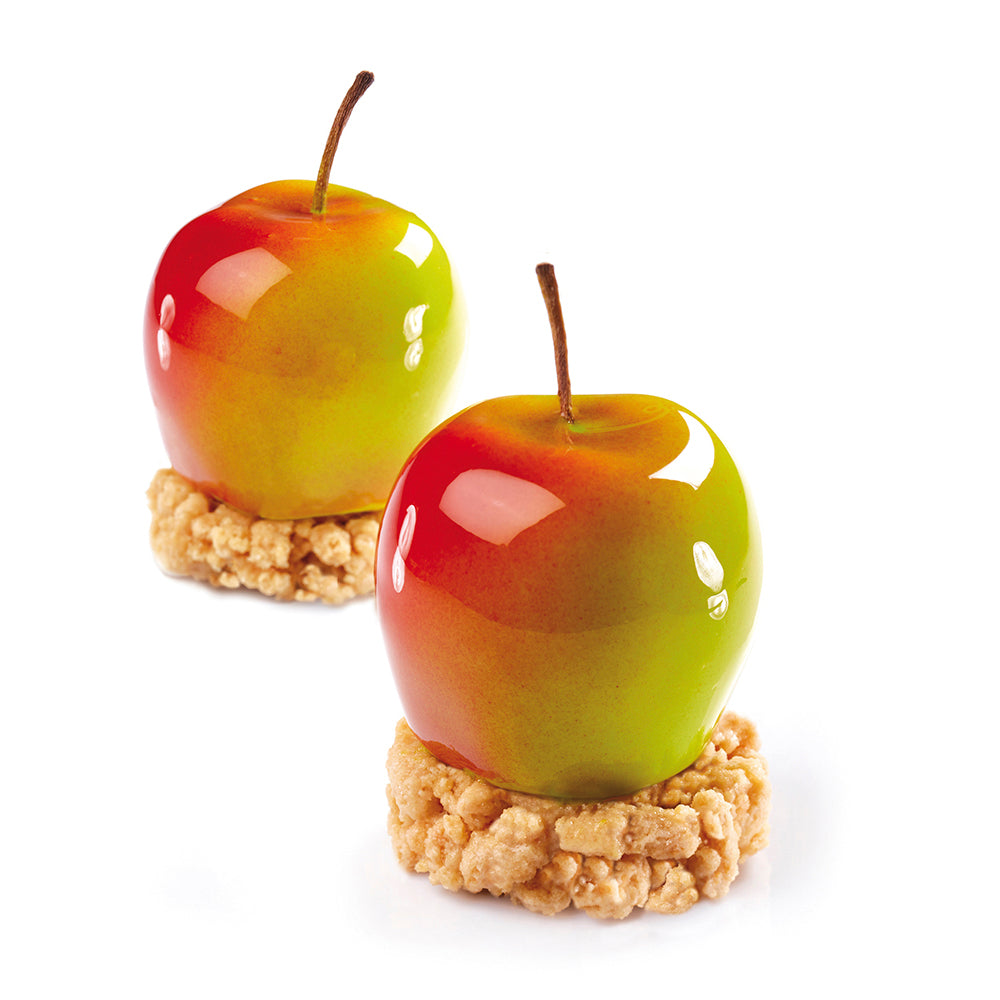
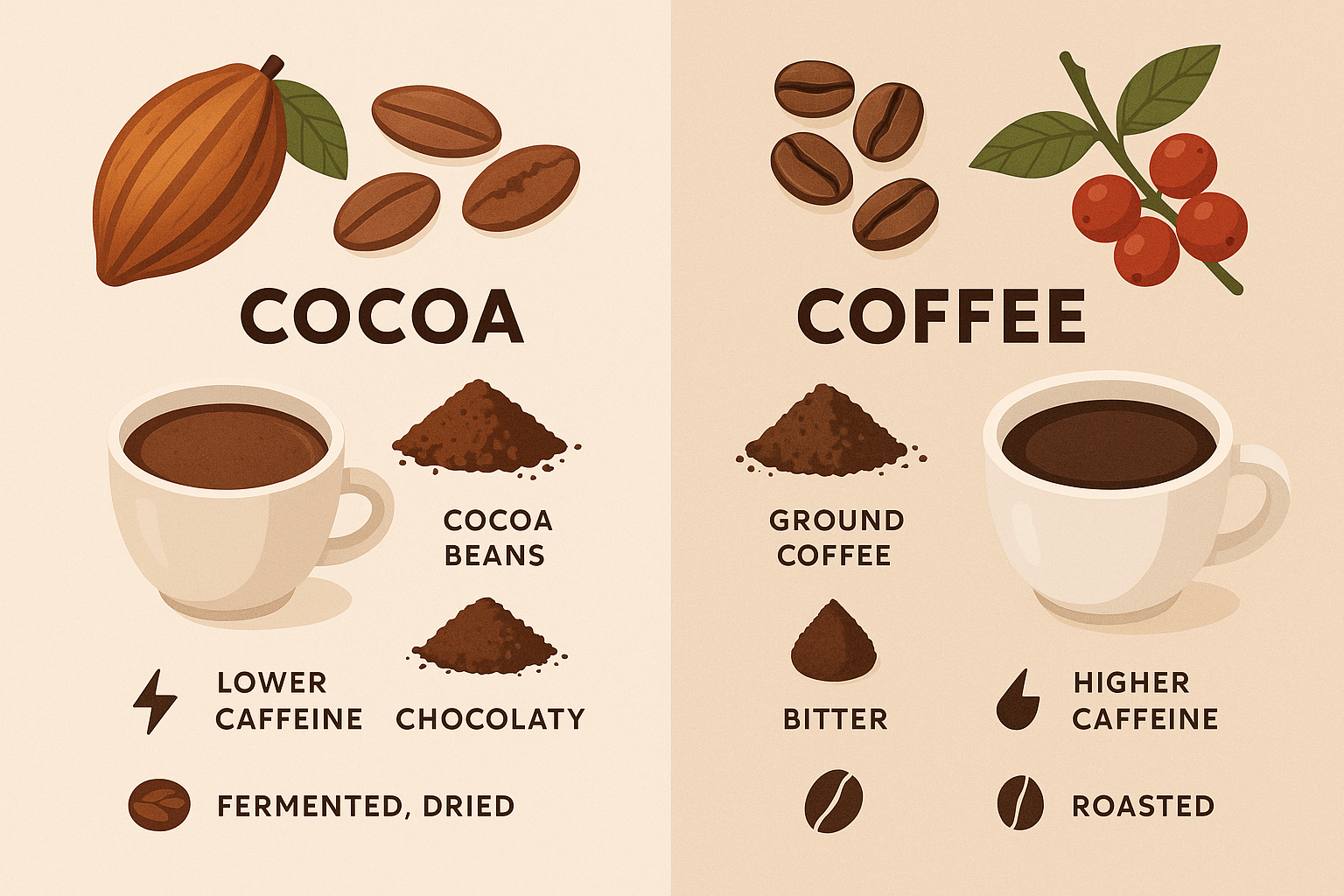
















Laisser un commentaire
Tous les commentaires sont modérés avant d'être publiés.
Ce site est protégé par hCaptcha, et la Politique de confidentialité et les Conditions de service de hCaptcha s’appliquent.